SUMMARY
This is AI generated summarization, which may have errors. For context, always refer to the full article.
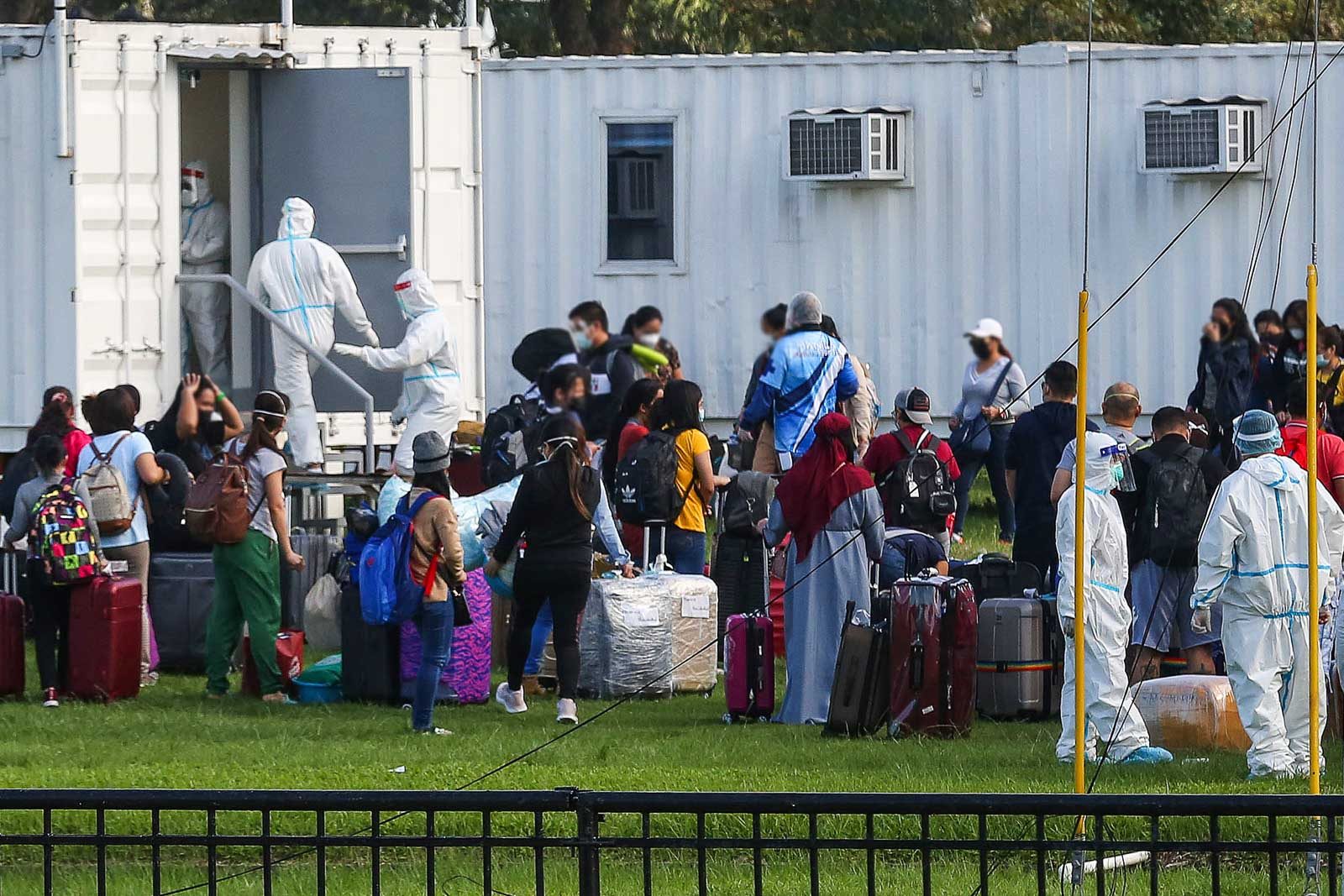
MANILA, Philippines – While COVID-19 only emerged in late 2019, it was the top cause of death among Filipinos abroad from 2013 to 2023, the Department of Foreign Affairs (DFA) reported in a House hearing on Thursday, March 2.
This was followed by vehicular accidents and natural causes.

DFA Assistant Secretary Paul Raymond Cortes said around 800 to 900 Filipinos abroad died of COVID-19 within the time period. He added that not all COVID-19 deaths may have been traced, as some deaths due to COVID-19 were labeled as “natural causes” or “pneumonia” on OFWs’ death certificates.
Cortes also made a disclaimer that not all Filipinos abroad report deaths to embassies and consulates, especially when they are already permanent residents or citizens of their host countries.
Meanwhile, the DFA also recorded 27 cases of Filipinos who died of murder or foul play in the same time period. The country with the most cases is Saudi Arabia, at eight.
Saudi Arabia is the world’s top destination for OFWs.

Kuwait also made the list, at four cases. Media has reported on four cases in Kuwait – the killings of Joanna Demafelis, Constancia Lago Dayag, Jeanelyn Villavende, and Jullebee Ranara.
The DFA also showed that there are 3,371 Filipinos who have pending criminal cases. Of this number, 83 are on death row – mostly in Malaysia for murder and drug cases.
The DFA earlier admitted in a Senate hearing that there was a low acquittal rate for Filipinos facing cases abroad.
Need for unified aid process
The government agencies in charge of helping OFWs should be employing a unified process when distressed OFWs, or families of OFWs who died abroad, approach any of them, Kabayan Representative Ron Salo said in the House hearing.
“We would really hope to receive a unified process, and at the same time, the processes of the OWWA (Overseas Workers Welfare Administration), the DFA, and the DMW (Department of Migrant Workers) are in sync so that it will be easier. It’s just one government [OFWs] are dealing with,” said Salo.
Salo, who chairs the House committee on overseas workers affairs, asked resource persons from the DMW and DFA what happens when OFWs in distress seek help from the government, and how bereaved families of OFWs who died abroad are assisted.
DMW Undersecretary Hans Cacdac said that there are different ways families are informed when their loved ones die abroad. Sometimes, the recruitment agency or friends or relatives who were with the OFW abroad inform them first.
In instances where the government finds out about an OFW death first, both Cacdac and Cortes said that their agencies have filled in the role of informing the next of kin about their family member’s death. Cacdac said that the agencies were in the process of turning over this duty to the DMW.
“When an OFW dies abroad, the Philippine embassy or consulate [should address it] in close coordination with the Migrant Workers Office (MWO). The two must work very closely, and inform the family through our offices here in Manila either through the DFA, the regional office, or directly to the OWWA,” said Cortes.
But Cacdac suggested that all bereaved families in the Philippines should coordinate with the DMW through its hotline 1348, which not only responds to concerns of OFW deaths, but also distressed OFWs.
“The process is still not clear to me,” said Salo, turning attention to the government’s monitoring process of OFWs.
Cacdac said that the monitoring system has improved “over the year.”
“There is a database where recruitment agencies can send and upload reports as they are required, not just on a significant event, but sooner. They do not have to wait until the OFW dies. Once there is a complaint or problem with the employer, the recruitment agency has the responsibility to submit a report, there is a database we monitor, and our MWOs and units here can take corresponding action,” said Cacdac.
Cacdac said that this was the DMW side, and that there was a counterpart process with the OWWA. This prompted Salo to call for the unified process among government agencies in addressing OFW concerns.
“At the end of the day, the 1-Repat (One Repatriation Command Center) that you are mentioning should be scaled up, and we hope to see a joint department order to really show what the process should be,” said Salo. – Rappler.com
Quotes have been translated into English.
Add a comment
How does this make you feel?
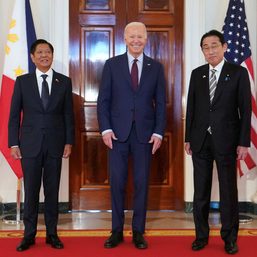
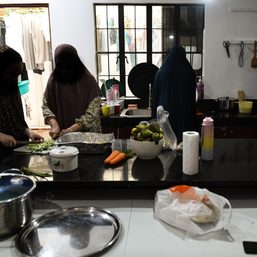
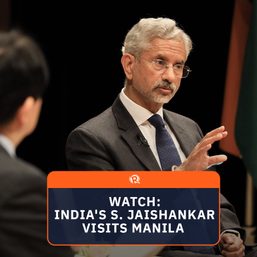

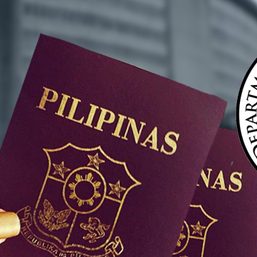
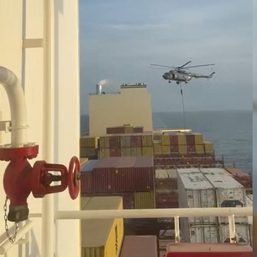
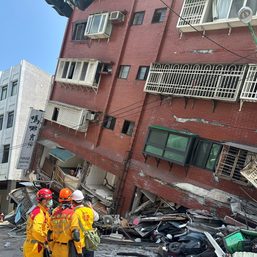


![[WATCH] OFW Hospital: Mga serbisyo at pagsubok](https://www.rappler.com/tachyon/2024/03/ls-tc.jpg?resize=257%2C257&crop=271px%2C0px%2C720px%2C720px)


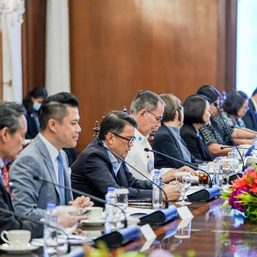
![[OPINION] The First Mode conundrum](https://www.rappler.com/tachyon/2024/03/tl-first-mode-conundrum-03232024.jpg?resize=257%2C257&crop=283px%2C0px%2C720px%2C720px)
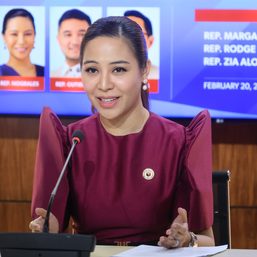

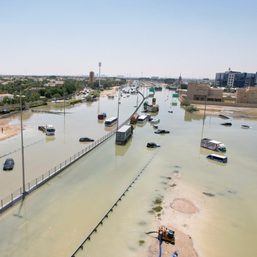

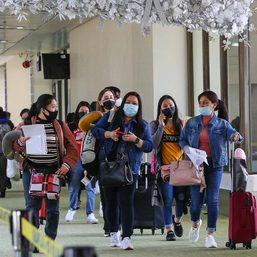

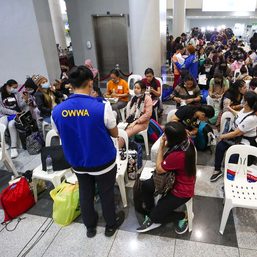
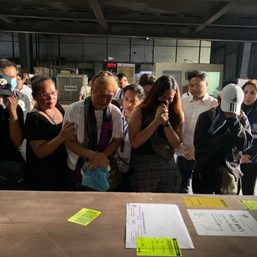
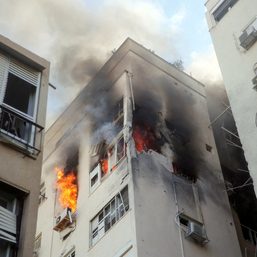
There are no comments yet. Add your comment to start the conversation.